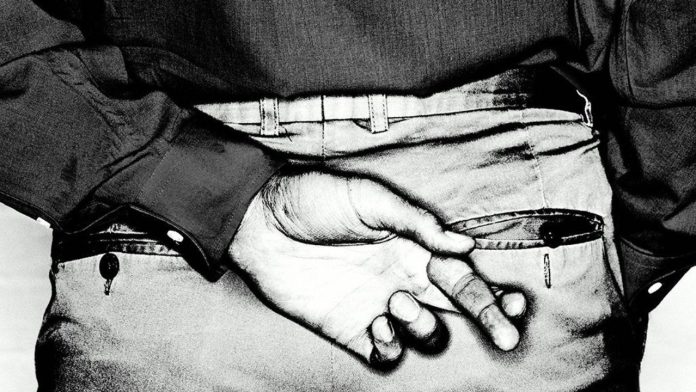The common beliefs about lying and the supposition that everyone lies or at least tells a few white lies every day has been brought into considerable question by new research conducted by Rony Halevy and Bruno Verschuere, both with the University of Amsterdam, and Shaul Shalvi from Ben-Gurion University that was published in the edition of the journal Human Communication Research.
The researchers found that 41 percent of the 527 participants in their survey had not lied at all in the previous 24 hours. Five percent of the participants were found to be responsible for 40 percent of the lies told in the same 24 hour period. Fifty-four percent of the participants lied a few times during the trial.
The researchers tested their questionnaire series to determine if the participants were lying. The original trial participants were given money and played a dice game in which they could be rewarded by a certain number rolled on the dice. The scientists could not see the number rolled on the dice.
The people that had previously admitted to lying more often won so much money that the results were statistically unbelievable. Those people who claimed they did not lie at all won money that was on average congruent with a statistical possibility of winning.
The two important conclusions the researchers point out from the test are that not everyone lies and that people who do lie frequently and consistently are honest in telling another person that they do tell lies. A large number of people do not lie at all.
One might wish to discount politicians, pundits, and the media from this generalization.















